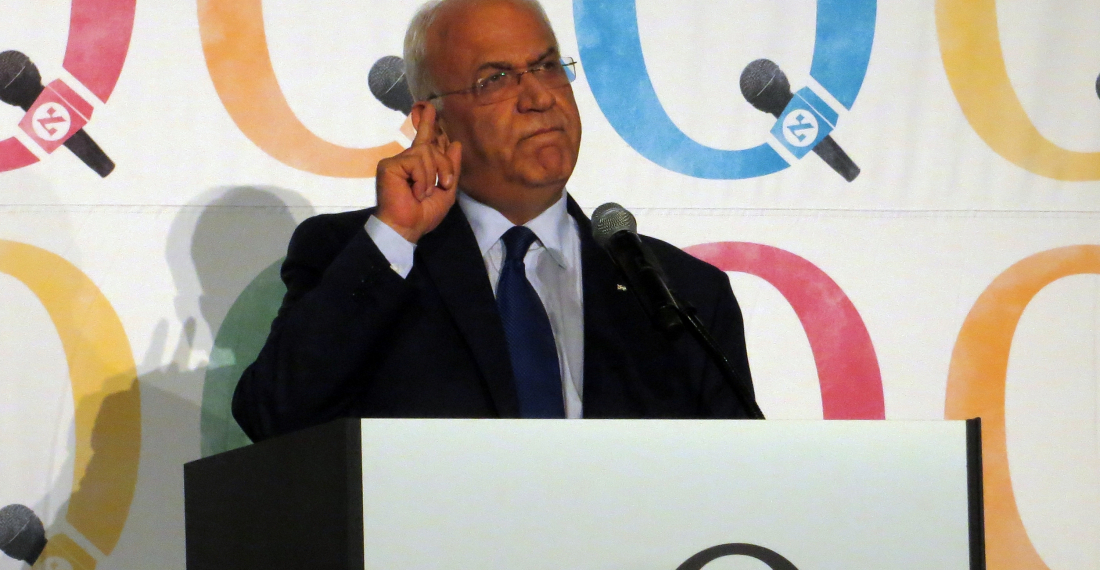Palestinian politician and top diplomat Saeb Erekat has died of the coronavirus. His party, Fatah, and his family confirm this. Erekat had been in hospital since last month and was in poor health for some time.
Palestinian President Mahmoud Abbas has announced three days of mourning. He called the death of his "brother and friend" an enormous loss for the Palestinians. Various Israeli politicians have also expressed their condolences.
Erekat was seen as an important figure of the Palestinians globally. Since the early 1990s, he had been active in virtually all peace talks with Israel. In the aftermath of the Oslo Accords, he became the chief negotiator of Palestine. In the last two decades, Erekat participated in several initiatives to bring peace but little progress was achieved since the early 1990s.
Erekat was also a strong advocate of a two-state solution of the conflict with Israel and a sharp critic of its settlement policy. Nonetheless, he remains a controversial figure among various Israeli political circles.
Photo: Saeb Erekat, New York, December 2015
Source: Commonspace.eu with agencies.






